1
LepSnap
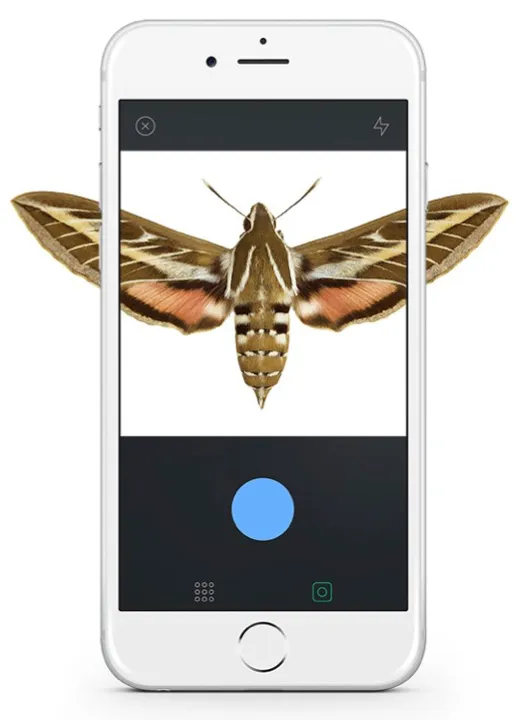
Wondering what that fuzzy, winged creature is that’s just landed on your windowsill? LepSnap is a field guide that uses the power of the crowd to identify pictures of moths and butterflies (collectively called Lepidoptera). LepSnap will suggest possible species for your photo, and allow other community members to verify or correct the identification. The algorithm is continually being trained, with the hope that it’ll eventually be able to recognise all 175,000+ species worldwide.
2
Galactic Genius with Astro Cat
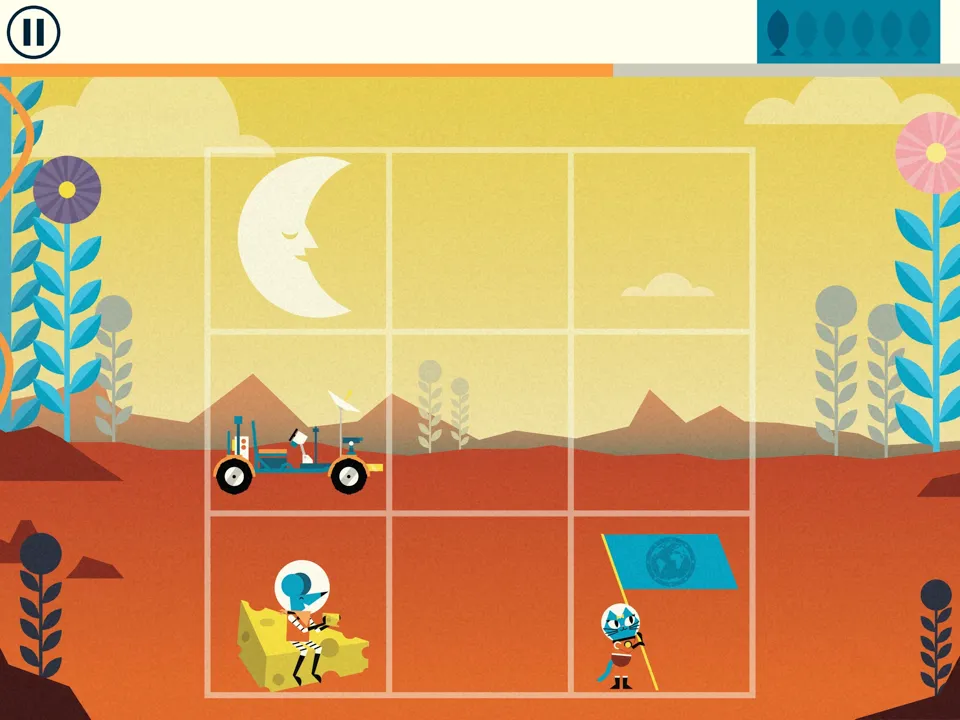
Minilab, free to trial / £3.99 for full game
A follow-up to Professor Astro Cat’s Solar System, this latest outing for the cosmic feline is a space-themed puzzle app for ages 6-11. There are six games designed to hone the player’s logic, concentration, memory and speed, with collectable stickers, mind-expanding facts, and 50 difficulty levels offering plenty of replayability.
3
BioBlox
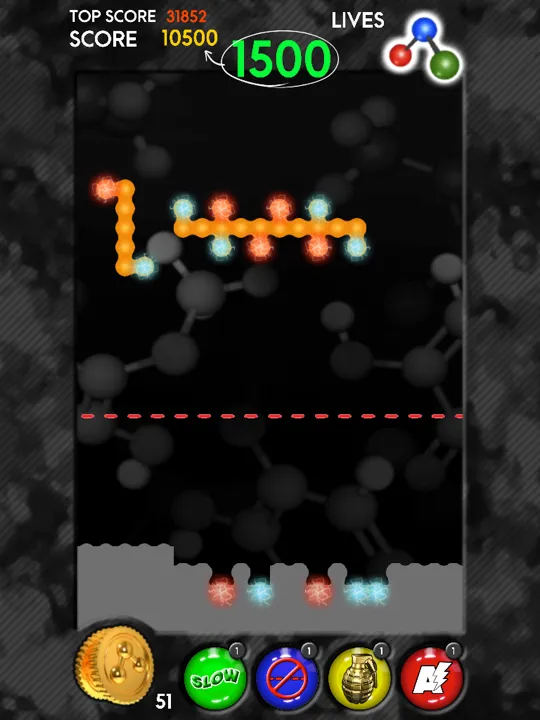
Goldsmiths/Imperial College London, free
Get your head around one of the toughest problems in biology with this free, Tetris-style game, developed by scientists at two London universities. BioBlox is inspired by the problem of protein docking – working out how exactly molecules such as medicines and vitamins bind onto complex proteins in the body. There’s a 3D version of the game, too, which the creators hope to use in citizen science projects to solve real-world protein docking problems.
4
Collins Bird Guide
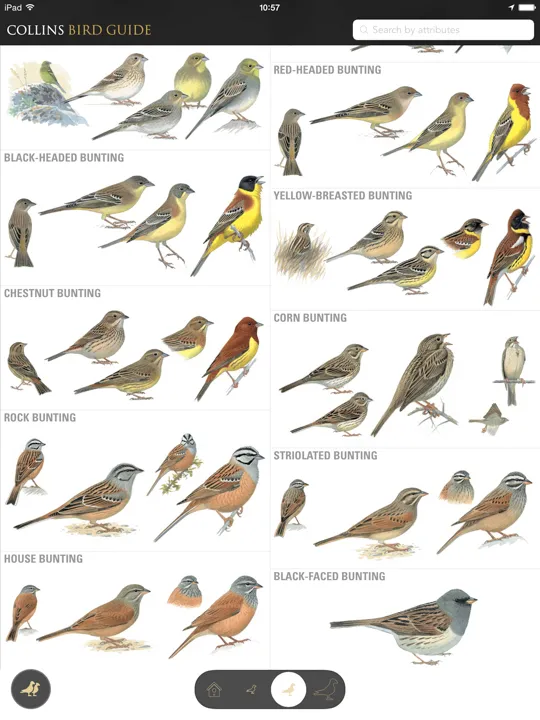
The ultimate companion for any serious birder, this digital version of Collins’ bird bible covers over 700 European species, with 3,500+ illustrations helping you to tell your ruddy shelduck from your red-crested pochard. Once you’ve identified the bird, learn about its habitatand range, and record your sighting using the listing tool. Bill Oddie, eat your heart out.
5
Mammals
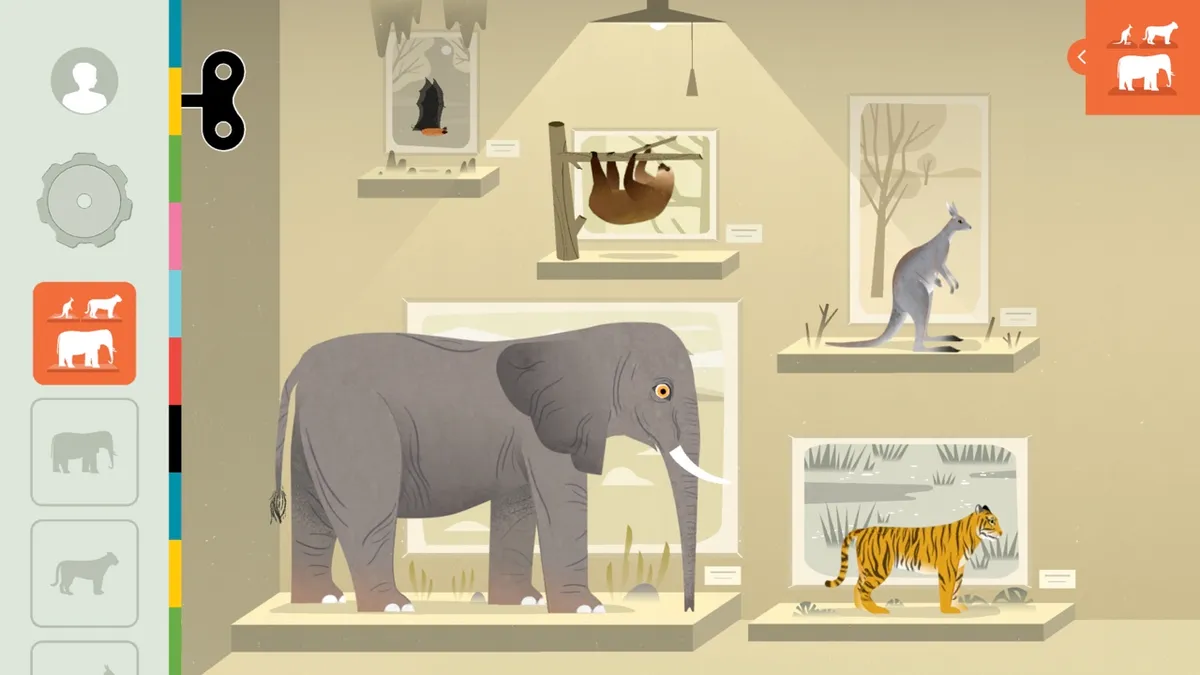
The latest addition to Tinybop’s Explorer’s Library is an endearing introduction to the world of mammals. See how kangaroos care for their young, how bats use echolocation, and how tigers sense with their whiskers. Find out what makes a mammal a mammal, explore their muscles, bones and digestive systems, and look through their eyes to discover how our furry friends see the world.
6
SketchAR

For anyone who’s ever wanted to learn to draw, this app provides a clever way. SketchAR lets you choose an imageand then hold your phone or tablet over a blank piece of paper to see that image appear on-screen. You can then simply trace what you see, replicating the image line by line to create something that even Picasso would be proud of.
7
Bloom
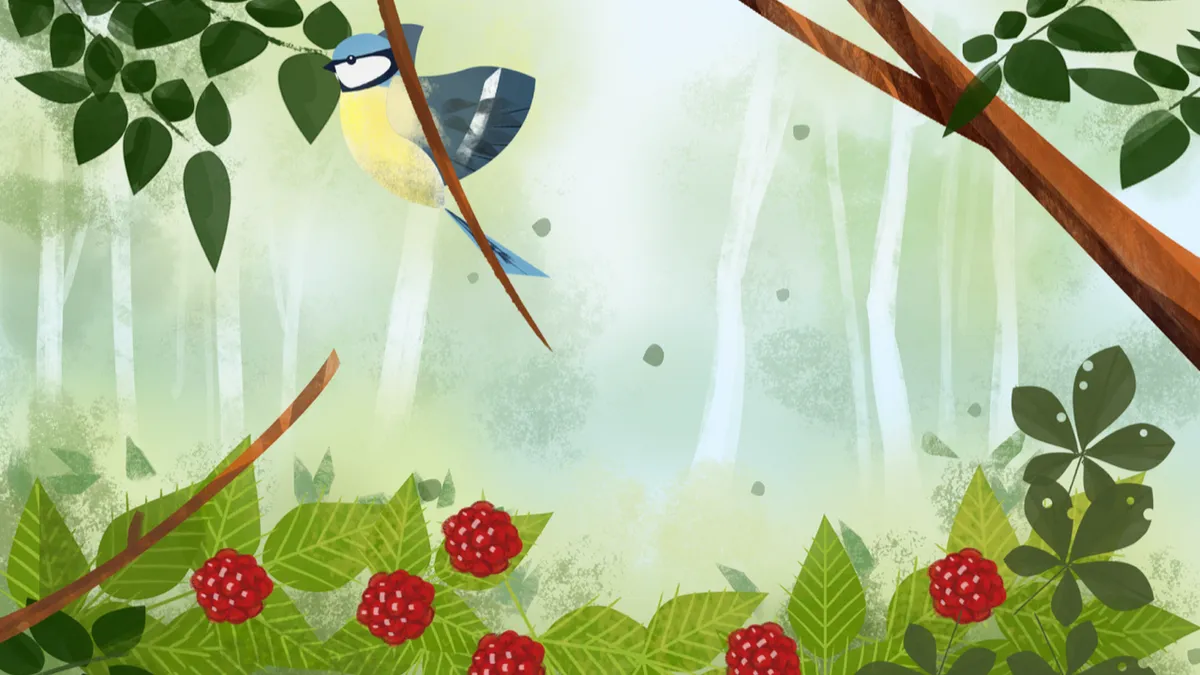
This educational app from Swedish startup Megalearn is a beautiful introduction to the world of plants. It aims to teach kids how plants spread their seeds, via quizzes and elegant, interactive animations. There are three featured plants – coconuts, dandelions and raspberries – giving plenty of opportunity to explore different environments and discover nature's diverse techniques for dispersing seeds.
8
Socratic
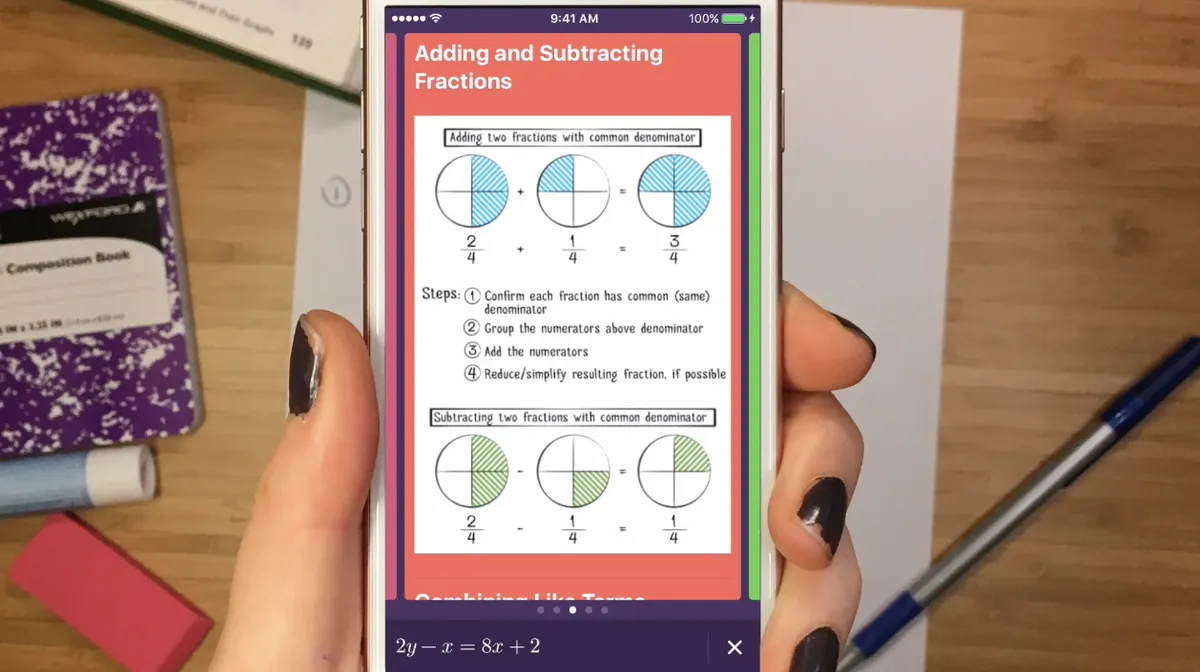
If only this app existed when we were at school. Take a photo of your homework, and Socratic will instantly give you explanations, videos, and step-by-step help. It uses AI algorithms, trained using millions of sample homework questions, to figure out what concepts you need to know and flag up jargon-free content.
9
Weather Line
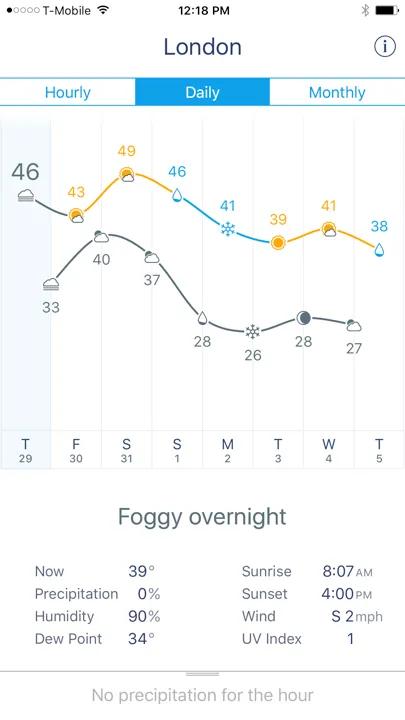
Powered by the super-accurate Dark Sky forecasts, this app takes a shedload of weather data and condenses it into elegant line graphs. Forecasts for the hours, days and weeks ahead help you plan your activities and travel, and there’s also a handy lock screen widget so that you can check the latest developments without even having to unlockyour phone.
10
Attenborough’s Story of Life
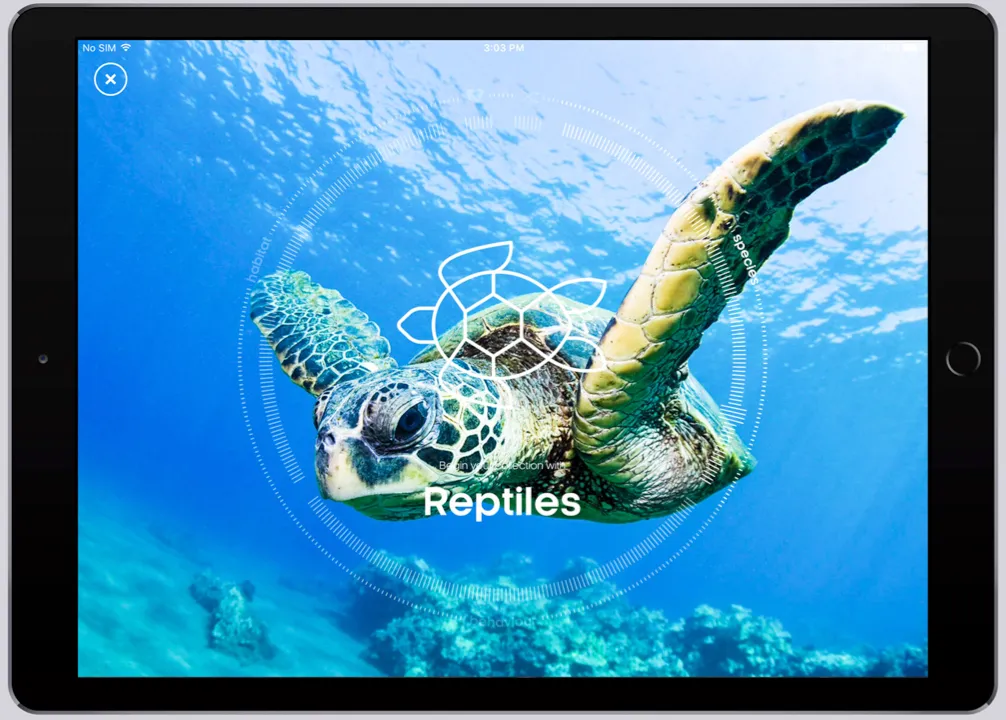
To celebrate the great broadcaster’s 90th birthday, this app brings together over 1000 (count ‘em!) of Sir David Attenborough’s finest TV moments. There are highlights from more than 40 programmes, including Planet Earth, Blue Planet, and Africa, as well as curated collections of films and hidden extras recorded especially for the app.
Follow Science Focus onTwitter,Facebook, Instagramand Flipboard